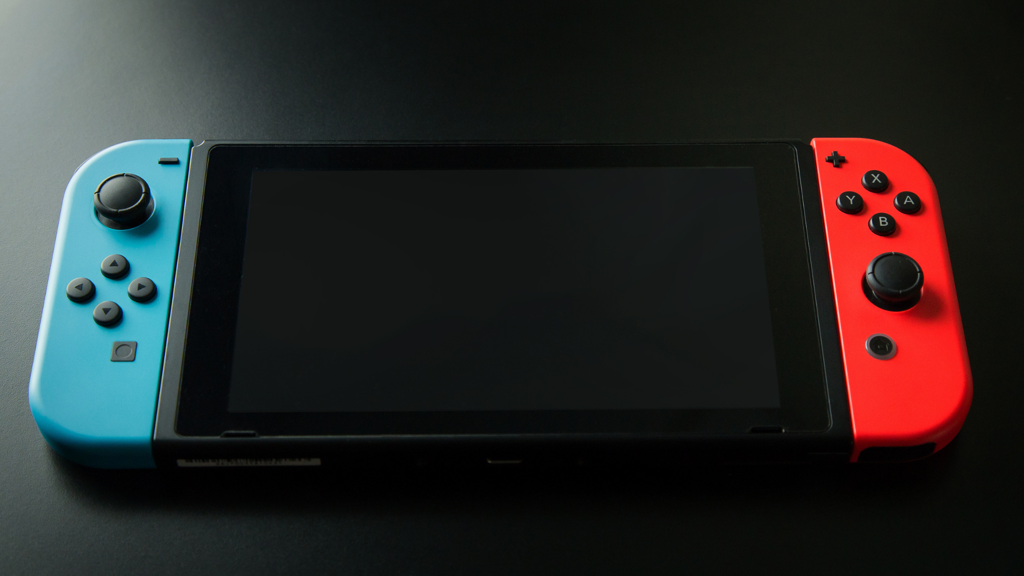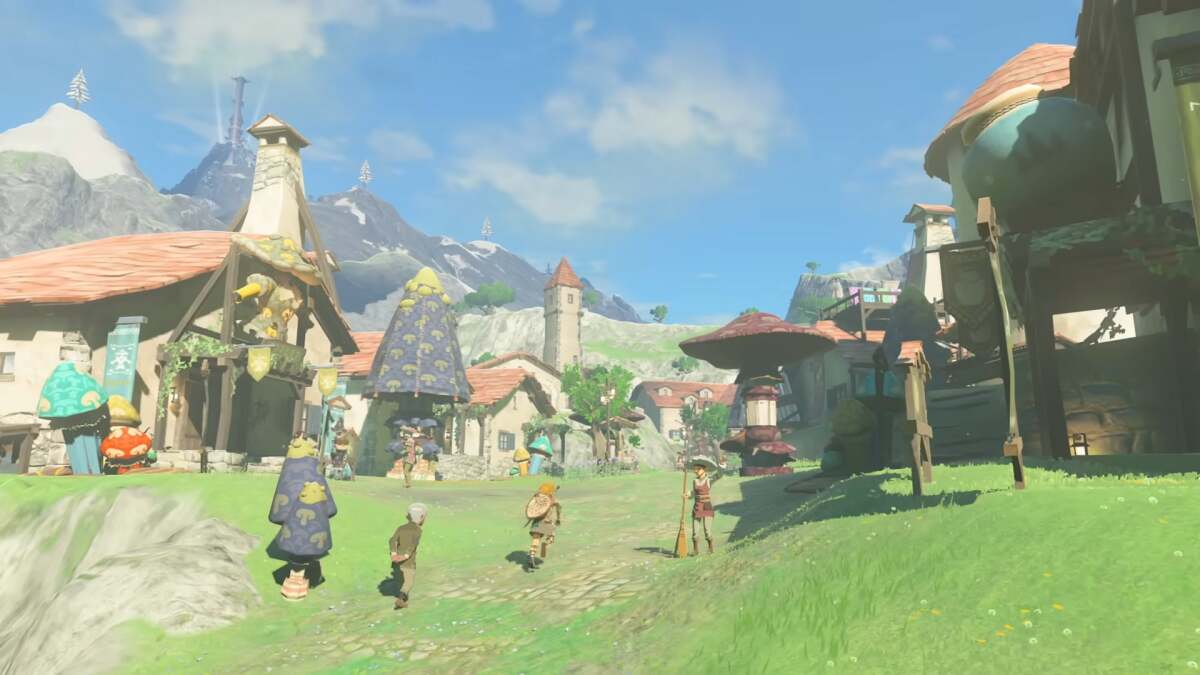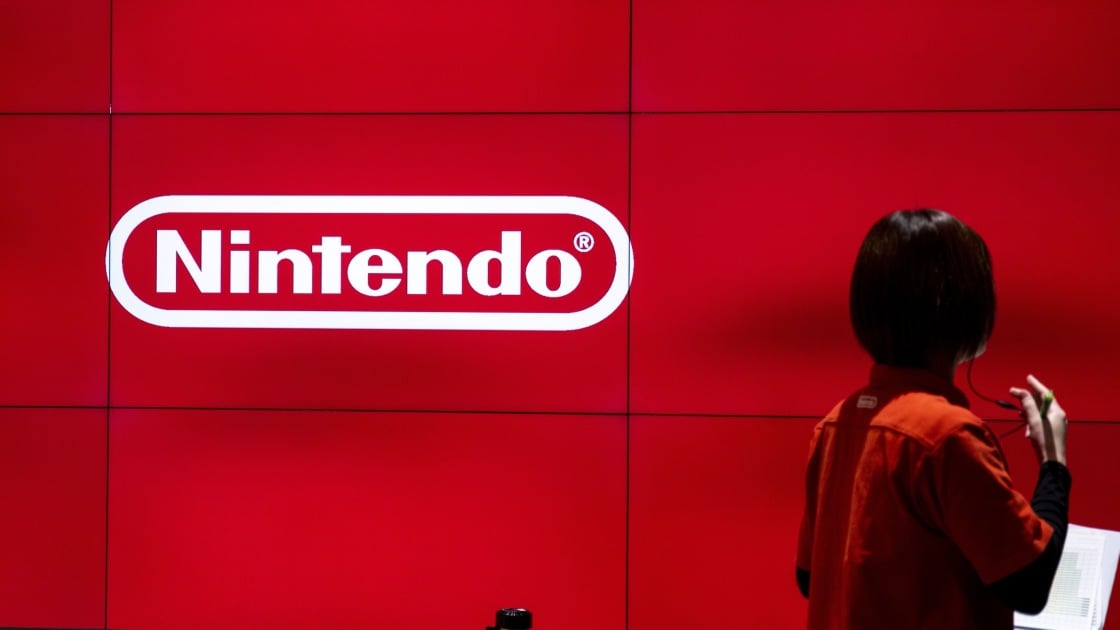## Hold Up, Your Switch Just Got a Digital Brick Wall!
Let’s talk about the elephant in the room, or should we say, the brick in the Switch dock?
Nintendo’s latest move to crack down on piracy is making waves, and not the good kind. Apparently, your beloved Switch is armed with a digital watchdog – one that can permanently disable your console if it detects even a whiff of unauthorized software.

That’s right, folks. We’re talking about a full-blown brick, leaving your gaming paradise stranded in the digital void.
Ready to dive into the details and see how this hardcore anti-piracy measure might impact you? Let’s get started.The Overclocking Dilemma: Performance Gains vs. Nintendo’s Wrath
Pushing the Limits: The Appeal of Overclocking

For seasoned gamers, the allure of squeezing every last drop of performance from their hardware is undeniable. This pursuit often leads to overclocking, a process of pushing a component beyond its factory-set limits to achieve higher clock speeds. The Nintendo Switch, despite its age and modest specifications, is no exception. Overclocking can result in smoother frame rates and improved graphics, particularly in demanding titles like Tears of the Kingdom. Imagine exploring Hyrule with a more consistent 30 frames per second, or even venturing towards the coveted 60 fps mark—a significant upgrade for many players.
Beyond raw performance, overclocking taps into the spirit of customization and pushing boundaries. It empowers gamers to unlock the hidden potential of their hardware, tailoring it to their specific needs and desires. The Switch modding community, a vibrant and resourceful group, provides invaluable support, guides, and tools to help gamers navigate the overclocking process safely and effectively. Sharing knowledge and experiences within this community fosters a sense of camaraderie and innovation, driving the exploration of the Switch’s capabilities to new heights.

Walking the Tightrope: The Risks and Rewards
While the potential benefits of overclocking are enticing, it’s crucial to acknowledge the inherent risks involved. Overclocking, by its very nature, pushes the hardware beyond its intended operating boundaries. This increased stress can lead to overheating, instability, and in extreme cases, permanent hardware damage.
Moreover, Nintendo’s stance on modifications is clear: any alteration to the Switch’s software or hardware voids the warranty. This means that if any issues arise due to overclocking, gamers are left to bear the cost of repairs, potentially exceeding the value of the console itself. Nintendo’s recent updates to its User Agreement and Privacy Policy further underscore this seriousness, explicitly stating the company’s right to “render the Nintendo Account Services and/or the applicable Nintendo device permanently unusable in whole or in part” if users engage in prohibited activities, including modifications and piracy.
A Gamer’s Decision: Weighing the Options
The decision to overclock a Switch is ultimately a personal one, a careful balancing act between the desire for enhanced performance and the potential consequences. Gamers must weigh the risks against the rewards, considering their individual circumstances, technical expertise, and tolerance for potential hardware damage.
For those considering overclocking, thorough research is paramount. Understanding the process, potential pitfalls, and available safeguards is essential. Consulting trusted sources, such as the Switch modding community and reputable online guides, can provide valuable insights and minimize risks. Always prioritize safety and responsible practices when exploring any hardware modification.
Conclusion
So, there you have it. Nintendo’s stance on piracy is clear: if you’re caught playing unauthorized games on your Switch, your console is at risk of being rendered useless. While this move might seem harsh to some, it’s a direct response to the ever-growing issue of piracy in the gaming industry. Nintendo argues that protecting its intellectual property is crucial for the continued development and innovation of its games.
What does this mean for Switch owners? It’s a wake-up call to prioritize legal gaming practices. While the temptation to explore cheaper alternatives might seem appealing, the potential consequences – a bricked console – are simply too high. This situation also raises broader questions about the future of gaming. Will stricter anti-piracy measures become the norm? Will this push developers towards alternative business models? One thing’s for sure: the lines between consumer and copyright holder are becoming increasingly blurred, and the choices we make as gamers will have a profound impact on the future of the industry.
The question isn’t just about whether or not you download a pirated game. It’s about what kind of future you want for gaming: one where creativity thrives or one where fear of infringement stifles innovation.